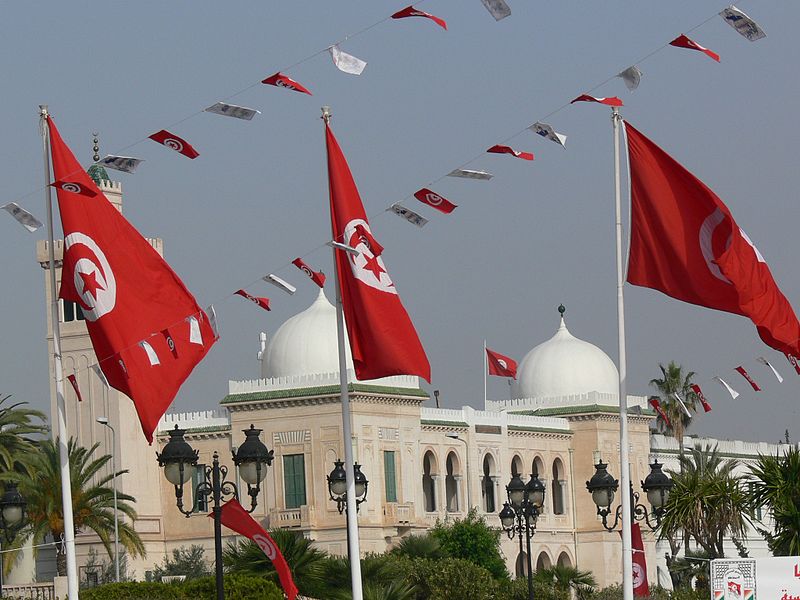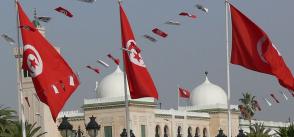
Energy revolution in post-revolutionary Tunisia?
Among northern-African countries, Tunisia has been a forerunner in terms of environmental awareness. During the Ben Ali era, it has been the first Arab state to set up a ministry for the environment (in 1991); after the 2010 revolution, the National Constituent Assembly inserted a reference to the commitment against climate change in the new 2014 Constitution (Art. 45).
In doing so, Tunisia became the third nation in the world, together with Ecuador (2008) and the Dominican Republic (2010), to promote the attention to climate at the highest legislative level, as a constitutional prerogative. Despite such institutional attention alone does not automatically translate into specific policy actions or commitments, it marked a clear path whose juridical weight cannot being ignored.
Tunisia is among the most developed African countries. According to data from the World Bank, the country ranks second in the continent in terms of adult literacy rate, and shows average good performances in terms of access to electricity (100 percent) and per-capita GDP, with a 11-million population growing at a relatively slow +1 percent a year path.
[Full article here | Photo by Aslan Media]







